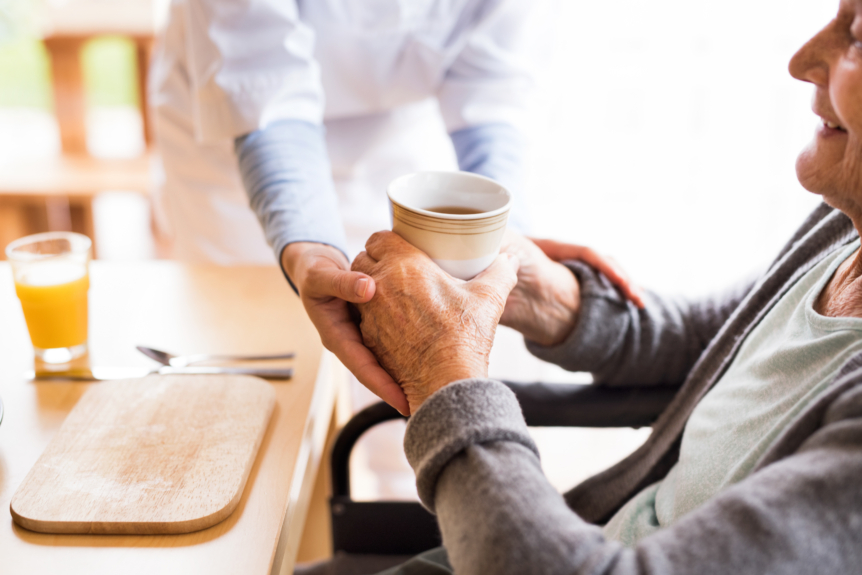As a caregiver, it is important to understand the nutritional needs of elderly clients and provide appropriate meal planning and preparation. Many elderly clients may have specific dietary restrictions or health conditions that require special consideration. In this article, we’ll provide information on the nutritional needs of elderly clients, as well as tips on meal planning and preparation.
Nutritional Needs:
As we age, our nutritional needs change. Elderly clients may require a diet that is lower in calories but higher in nutrients, such as vitamins and minerals. They may also require special consideration for specific health conditions, such as diabetes, hypertension, or heart disease. Caregivers should work with their clients’ healthcare providers to determine their specific nutritional needs and create a meal plan that meets those needs.
Dietary Restrictions:
Many elderly clients may have dietary restrictions due to health conditions or personal preferences. Caregivers should be aware of these restrictions and create meal plans that meet their clients’ dietary needs. For example, clients with diabetes may need a diet low in carbohydrates, while clients with hypertension may need one low in sodium.
Meal Planning:
Meal planning is an important part of providing care for elderly clients. Caregivers should plan meals that are healthy, balanced, and appealing to their clients. They should also consider any dietary restrictions or health conditions. Caregivers may need to modify recipes or find new recipes that meet their clients’ needs. They should also be mindful of portion sizes and ensure that their clients are getting enough nutrients.
Meal Preparation:
Elderly clients may have difficulty preparing their own meals, so caregivers may need to provide assistance with meal preparation. This can include cooking meals, cutting up food, or assisting with feeding if necessary. Caregivers should also be mindful of food safety and hygiene, such as washing hands before preparing food, using clean utensils and dishes, and storing food properly.
Related Post : .
Providing appropriate nutrition and meal planning is an important part of caring for elderly clients. Caregivers should work with their clients’ healthcare providers to determine their specific nutritional needs and create a meal plan that meets those needs. They should also be aware of any dietary restrictions or health conditions and modify meal plans as necessary. By providing healthy, balanced, and appealing meals, caregivers can help their clients maintain their overall health and well-being.

